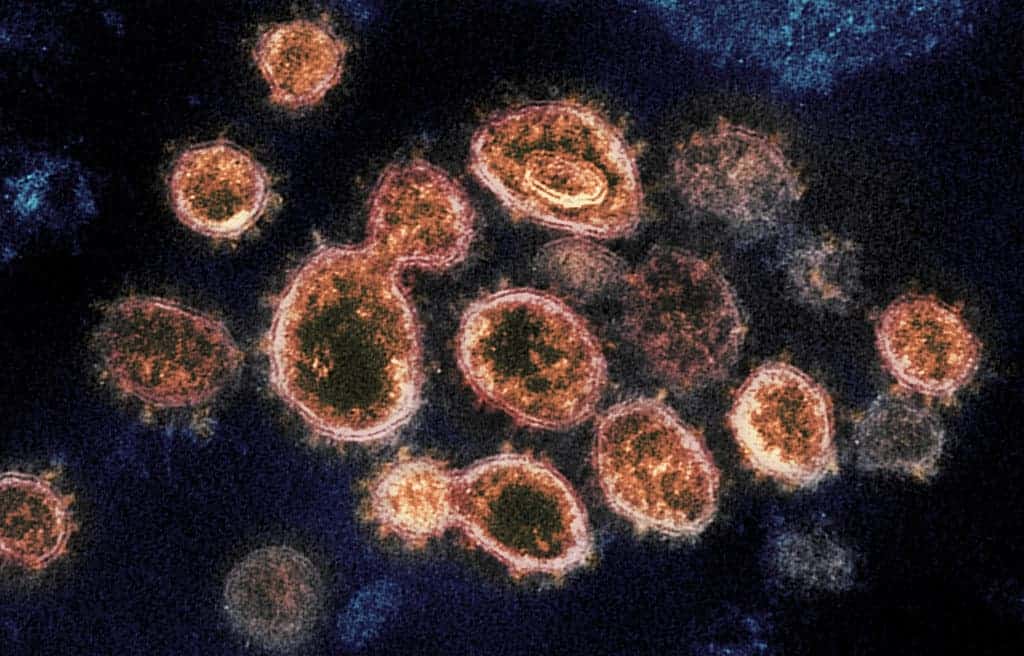A new startup created by members from the Massachusetts Institute of Technology (MIT) is preparing to submit a new and fast Covid-19 test for “emergency use authorization” by the FDA.

Image credits NIH Image Gallery.
The new test is based on technology developed at MIT’s Institute for Medical Engineering and Science (IMES), reports MIT News. It can provide reliable diagnostics in about 20 minutes, which is extremely fast. The E25Bio startup plans to make the test — which works similarly to a pregnancy test — commercially available as soon as possible in order to help fight the current outbreak under the FDA’s “emergency use authorization” model.
Speed testing
“Our hope is that, similar to other tests that we’ve developed, this will be usable on the day that symptoms develop,” says Lee Gehrke, the Hermann L.F. von Helmholtz Professor at IMES, who led the development of the test.
“We don’t have to wait for antibodies to the virus to come up.”
The team behind the new test has years of experience working on similar diagnostic devices. They used a technology known as lateral flow technology, which is similar to the ones used by pregnancy tests but aimed at identifying viral proteins, to create tests for Ebola, dengue fever, and Zika virus, among other infectious diseases.
The test itself consists of small strips of paper coated with antibodies that bind to specific viral proteins. A solution of gold nanoparticles, a different antibody, and samples harvested from the patient is then mixed, and the test dipped into it. In case the virus is present, its marker protein will attach to the antibodies on the strip of paper together with nanoparticles and antibodies in the solution, creating a colored line on the test. The whole thing takes around 20 minutes, the team explains.
There are two types of Covid-19 tests available so far. One involves testing blood for antibodies against the virus — however, this can be unreliable as antibodies only become detectable a few days after onset of the symptoms — while the other checks for viral DNA in saliva or mucus samples. The latter is more reliable and can be used to detect the virus earlier in the infection, but relies on polymerase chain reaction (PCR), a technique that ‘amplifies’ traces of DNA but takes several hours and specialized equipment to perform.
E25Bio is awaiting FDA approval of the test so that they may begin trials using patient samples. If that proves successful, the next step would involve using it for clinical diagnosis.
One advantage of the study, the team notes, is that it is simple and cheap to produce, making it ideal for quick manufacturing in large quantities.



